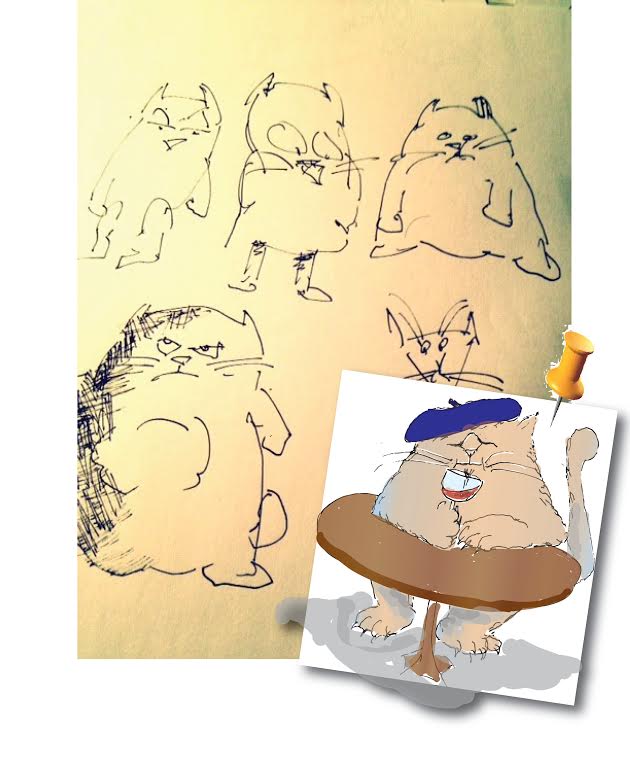I try to create an alert emptyness in myself.
Paul den Hollander
Empty. Alert. Two mind-body states that can be hard to recapture, although both are natural in early childhood.
Practice: Notice whether an activity you chose repeatedly, whether running long distances or listening to Mozart, brings you to “an alert emptiness.” Sometimes identifying a desired state can heighten our experience of it.
Related practices: Loneliness
 Paul den Hollander
Paul den Hollander Idina Menzel by Joan Marcus
Idina Menzel by Joan Marcus

 Brenda Knowles space2live.net
Brenda Knowles space2live.net Peter Dargatz
Peter Dargatz
 Marvin Moose
Marvin Moose
